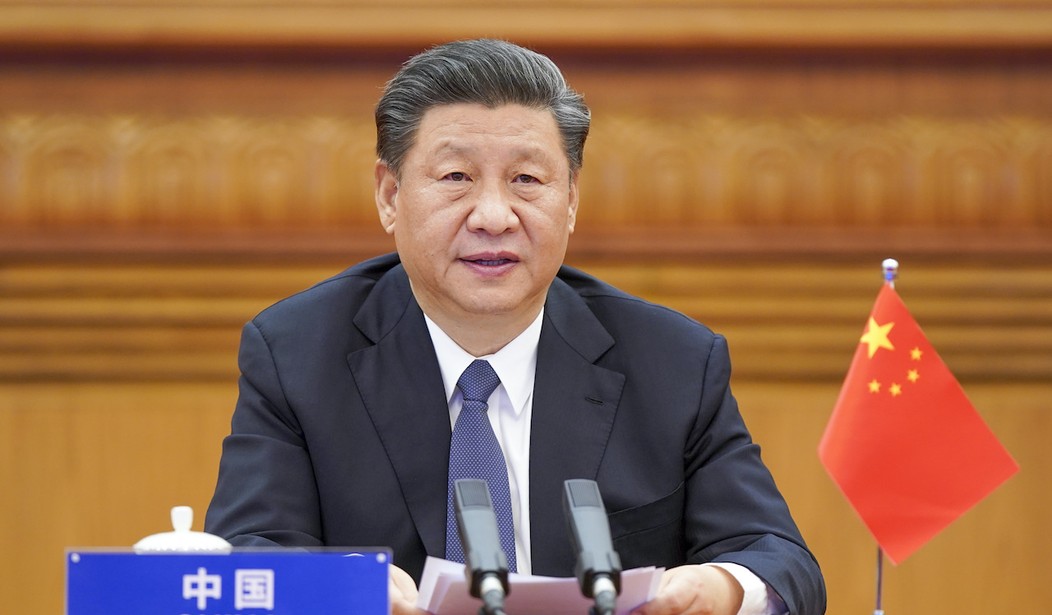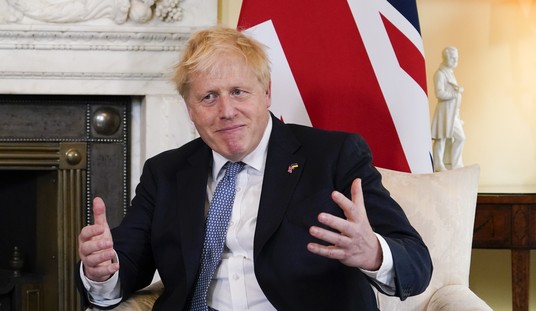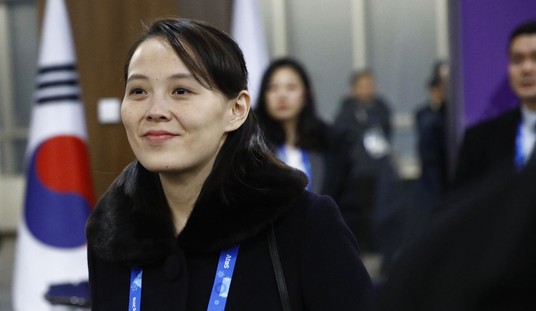Anyone who has been following the financial news, paying attention to their 401k, or trying their hand at retail investing with apps like Robinhood has surely seen or heard of “ESG.”
ESG — put more simply, “sustainability” — stands for environmental, social, and governance. The concept has been around for a long time, but it has really picked up steam in the last decade, thanks in large part to BlackRock — the world’s biggest asset manager.
Funny thing, though: For all the talk BlackRock does about ESG, the company recently raised roughly $1 billion for a Chinese mutual fund, according to the Wall Street Journal. This represents the first time a Chinese mutual fund is being managed solely by a foreign firm, but at what cost to the environmental movement that BlackRock pays so much lip service to?
China’s terrible environmental track record needs no introduction. It is the world’s largest emitter of greenhouse gases and environmental groups have sharply criticized its new Belt and Road Initiative. Its lithium and rare-earth-mining operations are environmentally dirty, according to Wired, the New York Times, the Guardian, and the Washington Post — not exactly green skeptics. It gets away with that because the world doesn’t hold China accountable. Under Biden, the United States punishes itself by halting domestic energy development on federal lands and canceling a clean pipeline while giving China free rein (and approving a pipeline for Russia and even going to bat for Assad and Hizballah).
BlackRock’s Chinese investment has set off alarms.
Recommended: Elon Musk Has an Amazing Message for Anyone Who Wants to Censor His Starlink Internet
Noted hedge fund billionaire and major Democratic donor George Soros calls it a blunder. He wrote in the Wall Street Journal, “BlackRock takes its responsibilities for its clients’ money seriously and is a leader in the environmental, social and governance movement. But it appears to misunderstand President Xi Jinping’s China.”
To say the least. Xi is China’s most authoritarian ruler in decades, an ambitious tyrant who models himself after Mao. His green rhetoric is a smokescreen that, among other things, makes leftists swoon.
How does the leader of the ESG movement have such a glaring blind spot here?
It may have something to do with who is advising it.
BlackRock is advised on climate issues by a little-known group called Ceres. It has been a very prominent member of the Ceres Investor Network since 2008. On its website, Ceres touts the fact that its investor network members “pressure stock exchanges and capital market regulators to improve climate and sustainability risk disclosure, and opportunities to advocate for stronger climate, clean energy and water policies at all levels of government.” But at the same time, Ceres has received millions from the Energy Foundation, which has deep ties to the Chinese government. These ties to China are concerning because Ceres’ past track record indicates that its donor list greatly influences who it subjects to its pressure tactics — or doesn’t.
Here’s an example. Ceres received contributions from PG&E for many years, which filed for bankruptcy after helping to spark the deadly California wildfires that killed 84 people. Yet, despite the fact that the California Department of Forestry and Fire Protection found evidence of multiple code violations, and although PG&E pleaded guilty to causing the Camp Fire, Ceres attempted to deflect blame away from PG&E. In March 2019, it issued a report that touted the deadly California wildfires as an example of the “increasingly urgent need to address the underlying causes of climate change” without mentioning PG&E’s culpability. Later that year, Mindy Lubber, the president of Ceres, insinuated in congressional testimony that PG&E found itself in bankruptcy because of climate change, which caused the fires.
No wonder BlackRock has green blind spots.
Last month, BlackRock’s former chief investment officer said that ESG is a “dangerous placebo that harms the public interest.” He’s right, and the hypocrisy of BlackRock’s advisor over this very issue suggests the green movement’s blind spots originate in red — as in communist — China.









Join the conversation as a VIP Member